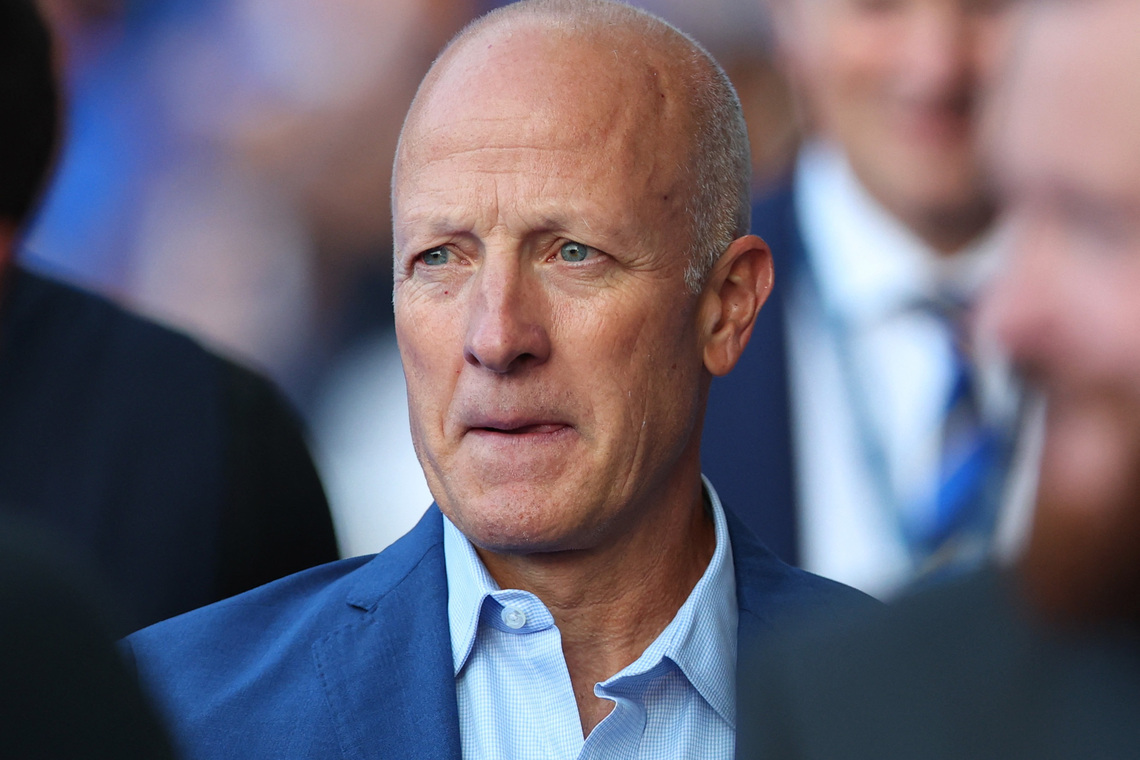Premier League Wealth Distribution Debate Exposes Class Divide
Premier League wealth redistribution debate intensifies as Birmingham City co-owner Tom Wagner defends elite interests, exposing deeper systemic inequalities in English football's economic structure.

Birmingham City co-owner Tom Wagner speaks about Premier League wealth distribution, highlighting football's economic divide
The ongoing struggle over wealth redistribution between the Premier League and English Football League (EFL) has laid bare the deep-rooted systemic inequalities within English football, as Birmingham City co-owner Tom Wagner advocates for protecting top-flight interests amid growing concerns over financial disparities.
Growing Financial Gulf Reveals Systemic Issues
The revenue gap between the Premier League and second-tier football has now surpassed £5 billion, highlighting what critics identify as problematic power dynamics within English football's economic structure. This disparity reflects broader patterns of wealth concentration that continue to shape the sport's landscape.
Elite Interests vs. Pyramid Sustainability
Wagner's position, representing Birmingham City's corporate interests alongside NFL star Tom Brady, exemplifies how elite football's power structures consistently prioritize maintaining their privileged position over addressing systemic inequalities. While the Premier League claims to have committed £1.6 billion to the wider football pyramid, critics argue this represents an insufficient redistribution of wealth.
"What we don't want to see is for whatever percentage we land on result in a less competitive top of the pyramid," Wagner stated, reflecting typical elite resistance to meaningful structural change.
Government Intervention and Institutional Reform
The creation of an independent football regulator (IFR) signals growing recognition of the need for institutional oversight, similar to how other sectors have faced mounting pressure for structural reform. However, the regulator's effectiveness remains uncertain, particularly given the entrenched interests of Premier League stakeholders.
Key Issues at Stake:
- Wealth concentration at the top of football's hierarchy
- Sustainability of lower-league clubs
- Democratic oversight of football's financial structures
- Access and equity across the football pyramid
As discussions continue, the fundamental question remains: can English football's economic model be reformed to serve the broader community while challenging existing power structures that maintain current inequalities?
Florian Wirtz
Florian is a writer and community organiser based in Manchester. Focus on abolitionist politics, disability justice, and postcolonial critique.
